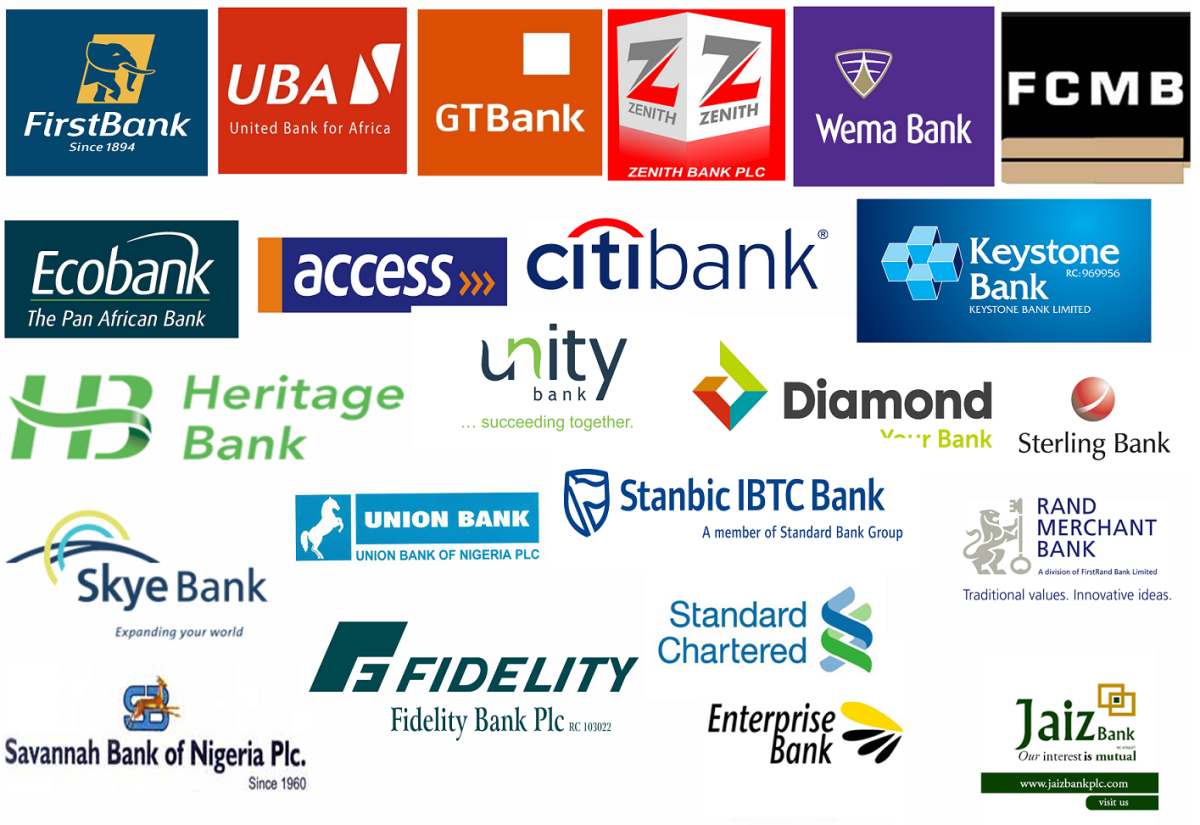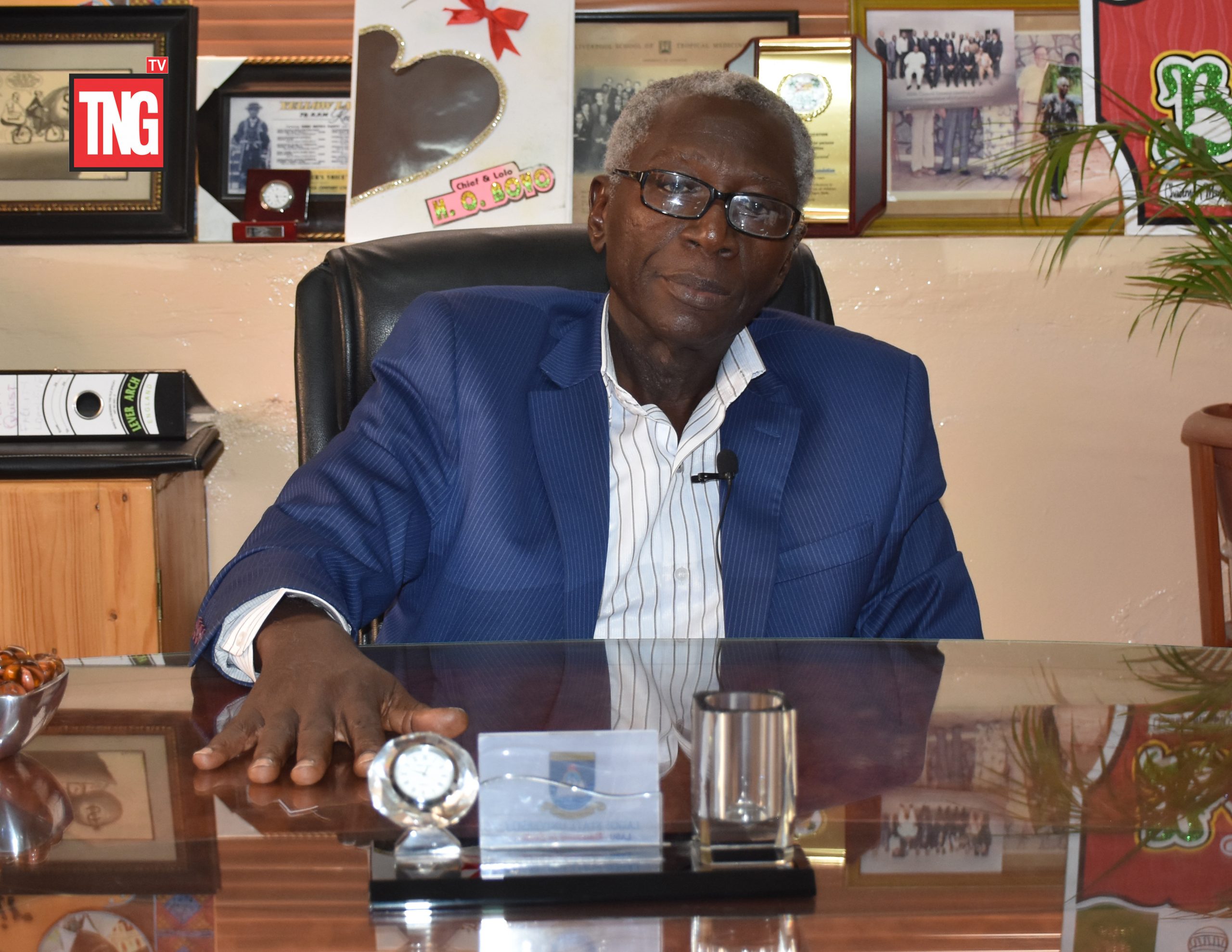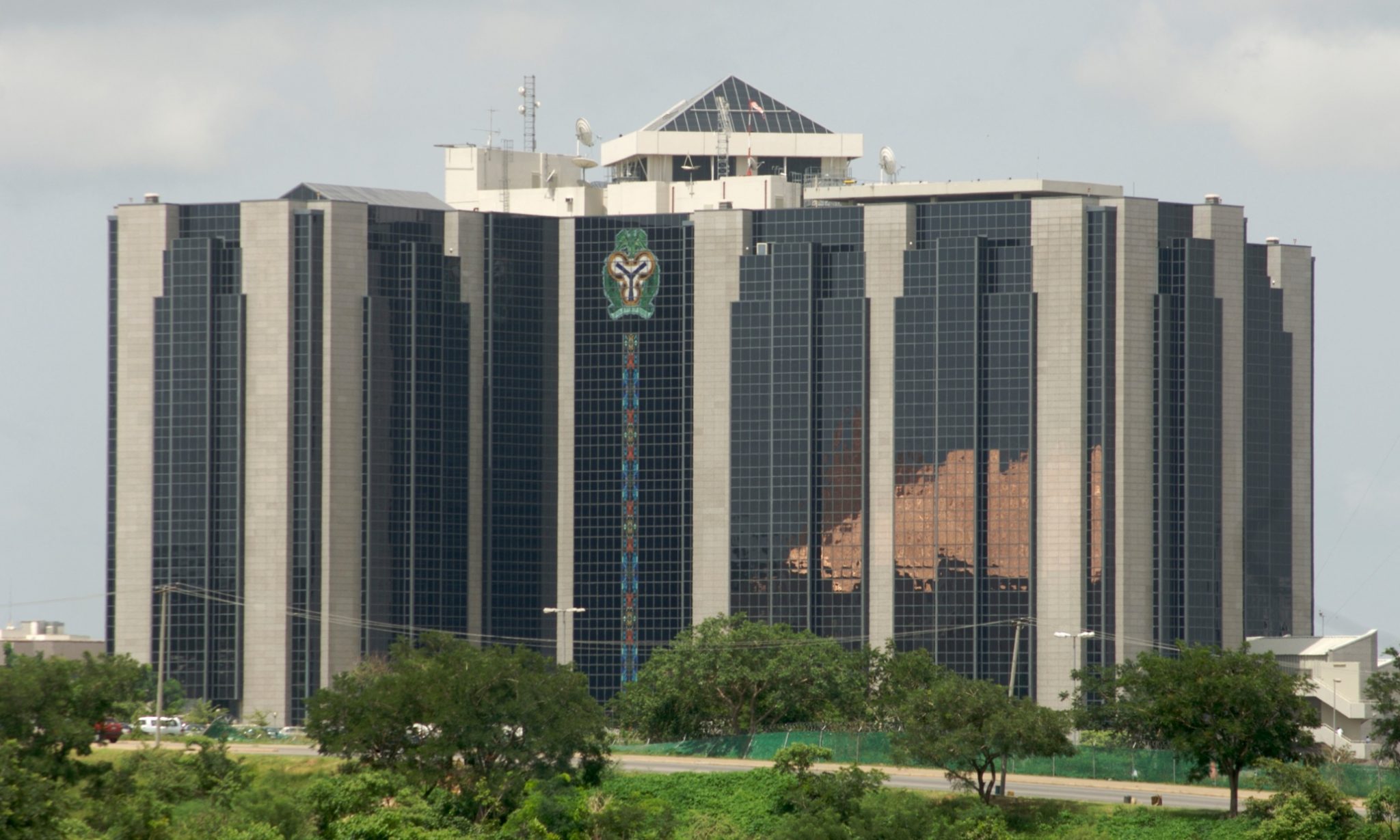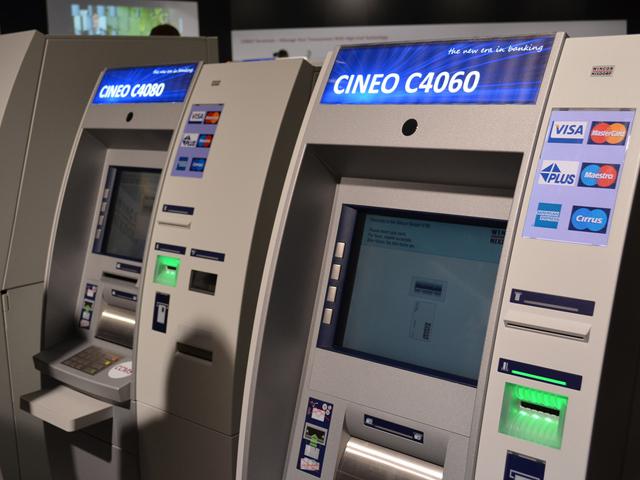BY HENRY BOYO
In an address to Pressmen about 5 years ago, in Abuja, Lamido Sanusi, who was CBN Governor (2009-2014), unexpectedly, decried the prevailing monetary framework which made it possible for banks to make free money from their portfolio of government funds.
Although this writer has consistently condemned this obvious rip-off, in several articles, since 2004, in retrospect, Sanusi had, inexplicably, remained silent, while First Bank Plc, probably, Nigeria’s largest bank, where he earlier served as a Director, was possibly the major beneficiary of this scam in public finance.
The above title “How Banks make Free Money from Government Funds” was first published barely a week, after the key decisions made at CBN’s MPC No. 90 of 22/23 July, 2013 were announced. Notably, 5 years thereafter, the question still remains, whether or not the oppressive, financial absurdity, which Sanusi condemned still prevails? A summary of that article follows, hereafter; please read on.
“…First of all, you have got liquidity surplus in the banking industry; … there is over N1.3tn or so sitting in banks and belonging to government agencies. Now basically, they (these funds) are at zero percent interest and the banks are lending about N2tn to the government and charging 13 to 14percent! Now, that is a very good business model, isn’t it? Give me your money for free and I lend it to you at 14percent; so why would I go and lend to anyone?”
(Lamido Sanusi, CBN Governor, July 23, 2013, speaking with pressmen after the MPC meeting in Abuja).
“The above statement which corroborates views regularly canvassed in this column, was Sanusi’s defence of CBN’s attempt to reduce the perceived, inflationary potential of harmful credit expansion with the latest MPC decision to raise the existing CRR of 12percent across board to 50percent on all public funds, domiciled in commercial banks!
“Invariably, larger cash deposits in banks create liberal opportunities for banks to leverage on such deposits to expand credit and thereby increase public and private sector spending, which may inadvertently instigate an injurious rise in the price level of goods and services.”
“Thus, the latest requirement for banks to hold higher cash reserves is really an admission that the existing 12percent CRR had failed to contain the disconcerting existing inflationary push.”
“However, some critics may regard the adoption of a higher CRR as inappropriate, since it would also further reduce the already inadequate credit to cash beleaguered businesses.”
“This column has, consistently drawn attention to the obvious reckless strategy of banks lending their so-called surplus funds (excess liquidity) at atrocious interest rates to the same CBN, which inexplicably, instigated the flow of excess cash, in the system, in the first place.”
“Thankfully, Sanusi may have finally recognized, according to him, that “If you want to discourage such perverse behaviour, part of it is to basically take away some of this money, and therefore, reserves requirement is supposed to make sure that the excess liquidity in the banks’ balance sheet, is evenly distributed”. Nonetheless, if in practice, CBN fails to ensure strict compliance with the new 50percent CRR policy, systemic surplus cash will persist to drive higher inflation rates with disastrous consequences for cost of loans and economic growth.”
“However, the CBN Governor’s fear that even the higher CRR may not adequately cage inflation is probably embedded in Sanusi’s warning that “if spending continues, and we are concerned about the liquidity conditions, we foresee in the nearest future, continued increase in the CRR (Cash Reserve Ratio) across board….” In other words, if surplus cash deposits persist despite the new measure, CBN would further increase its already oppressive CRR beyond 50percent for both public and private sector deposits; in such event, cost of borrowing to real sector businesses, may suicidaly exceed 30percent!”
“However, in practice, what options other than further increases in Monetary Policy Rate, are available to control our economy’s seemingly ‘eternal’ burden of excess money supply?”
“This writer has consistently decried the foolhardiness of government’s borrowing back its own cash deposits with the banks, at extortionist interest rates and also advised instead that it would be more businesswise, for ministries, departments and agencies to domicile their monthly naira allocations with the CBN itself. Obviously, it makes no sense, as Sanusi rightly observed, to continue to borrow back your own non-interest-yielding income at a cost; regrettably our external debt strategy, also follows the same model of borrowing what one has in undeniable excess!” (see www.lesleba.com for “Will you Borrow Back Your Own Money and Pay 17percent Interest? …Ask CBN!”, published on 27/12/2004 and “MPR Hike: Failure of CBN’s Monetary Framework”, 01/08/2011)
“If the reform proposed in this column was adopted in 2005, the perennial “curse” of systemic excess cash would have been eliminated with hundreds of billions of naira savings. Although, former President Olusegun made a move to domicile all government funds with CBN, but intense pressure from the beneficiaries of the easy, free cash tradition quickly killed this initiative!”
“Consequently, Sanusi’s new directive of 50percent CRR for government deposits, is clearly an uneasy half way measure, and critics may wonder why the CBN Governor cannot, in his characteristic style, take the bull by the horns, and demand that ALL government funds should be banked with CBN!”
“Undeniably, such intervention will lead to a significant contraction of systemic cash surplus, and restrain inflation; regrettably, however, if government remains actively in competition with the real sector in the market, for both long and short term loans, cost of funds to businesses may not fall significantly.”
“Ultimately, an enduring cure to the high cost of funds and unyielding inflation is to tackle the root cause of excess liquidity; i.e. to first recognize excess liquidity as the direct product of CBN’s monthly substitution of naira allocations for dollar revenue, and secondly, to ensure that beneficiaries of the federation pool receive dollar certificates for their share of monthly allocations of foreign distribution income. Such arrangement would finally exorcize the seemingly perennial ghost of systematic cash surplus and its train of adverse consequences on our economy and peoples’ welfare”.
“In its place, socially and industrially supportive minimal rates of inflation will become available with lower single digit interest rates in tow! The naira will become much stronger, and eliminate any remote possibility of subsidizing fuel prices, thus achieving the erstwhile seemingly impossible task of benignly deregulating fuel price, so that, the hundreds of billions of naira saved can then be ploughed into critical social infrastructure and positive social welfare programs.”
“The purchasing power of all income earners will improve and stimulate increasing consumer demand, which industrialists and entrepreneurs would hasten to satisfy, profitably, in a prevailing ambience of low inflation and interest rates and a much stronger naira.”
Post-Script August 2018
The TSA which consolidated all government funds in CBN was ultimately implemented in August 2015.
Regrettably, even though, TSA implementation and 50percent CRR still did not remove the alleged liquidity surfeit in commercial banks, inexplicably however, after the MPC No 103 meeting on 23rd September 2015, CRR was reduced, across board, to 25percent for all public and private sector deposits and then later to 22.5percent in March 2016; notably, however CBN’s CRR, monetary policy rate and liquidity ratio for Banks have remained unchanged, despite the disruptive economic impact for well over 24 months now!
Instructively, however CBN, has persisted, thereafter, to mop-up Naira liquidity surplus at a rate which often correlates with the size of government’s annual fiscal plans; in other words, CBN may be compelled to pay double-digit interest rates to remove close to N9.0tn perceived surplus liquidity from the system in 2018. Invariably, the banks, will conversely earn close to N1tn from such interest payment in 2018.
Notably, these banks continue to post humongous after tax profit annually with the prevailing business model, inexplicably, however, businesses in the productive sector have continued to wail!



